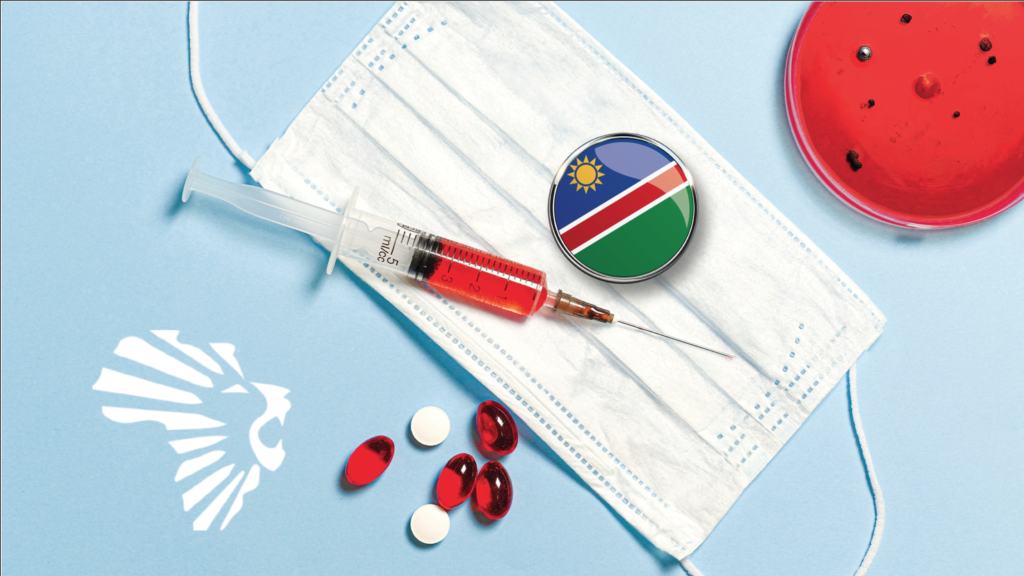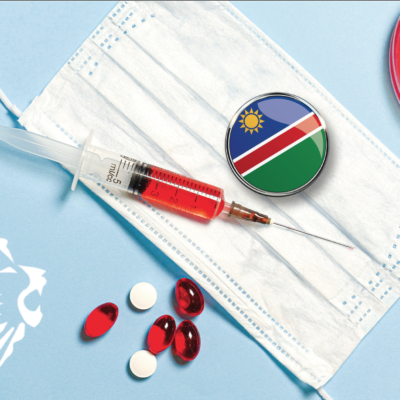Since the declaration of the Coronavirus 2019 disease (COVID-19) outbreak, more than 21 million people have been infected worldwide, causing 774 000 fatalities as of 17th August 2020 (Worldometers.info, 2020). Namibia has recorded just over 4000 cases and 35 deaths. The economic, social and health impact of COVID-19 has been unprecedented. The pandemic is still continuing, and much hope is now pinned on the development of an effective vaccine which will protect people from infection and allow a return to some form of normality.

Vaccination has made a significant contribution to public health, with huge success in influencing the eradication and control of life-threatening diseases like Polio and measles. However, the take-up rate is not 100%. Recently there has been an increase in the reluctance/refusal to a vaccine or what is called vaccine hesitancy globally and in Africa (Agrawal et al., 2020, Cooper et al., 2018).
A key aspect in the context of vaccination is people’s willingness to be vaccinated. A recent poll in the United States found that as many as 24% of people would refuse the vaccine for themselves and their children (The Guardian, 2020). Another report indicated 20% of respondents to a poll indicated that they will not be vaccinated if a vaccine for Coronavirus becomes available (McCarthy, 2020). Therefore, understanding vaccination preferences, how they evolve as the pandemic continues, and how they depend on the characteristics of the vaccine, thus presents an important area for behavioural, Health Economics research and policy.
For this reason, Ndatara has launched a study on the preference and attitudes for COVID-19 vaccination in Namibia. Specifically, by developing discrete choice models using repeatedly collected behavioural data, the study will determine what influences preferences and how these evolve over time, and how they also vary as a function of personal characteristics and experiences and well as the characteristics of the vaccine.
This is the first time, a study of this magnitude will be conducted in Namibia where the population preferences across all the 14 region will be comprehensively mapped out. To ensure representation of the population, the survey will be presented in all major Namibian languages including: Oshiwambo, Otjiherero, Damara/Nama, Rukwangali, Silozi, Afrikaans and English and data collection will be carried out in all major towns in all the 14 regions of the country. This will be done via a combination of online surveys and computer aided personal interviews (for hard to reach sample). This will also be a longitudinal survey. This means it will have multiple stages that will be repeated after one month and again after two months.
This is truly an exciting study for us at Ndatara, and we hope we can count on your participation. Please inbox us at info@ndatara.com to find out how you can partipate.

